Anti-inflammatory Diet Feasible in Patients With Endometriosis
An anti-inflammatory diet is feasible in patients with endometriosis, according to a new study published in the journal Reproductive BioMedicine Online. This is the case especially when identified barriers and facilitators are addressed in an intervention. “ Provision of knowledge, stimulating…
Key Points Lay SummaryLifestyle and Environmental Factors in Endometriosis: Current Insights and Future Directions
Endometriosis-associated symptoms such as dysmenorrhea, dyspareunia, chronic pelvic pain have an effect to diminish the quality of life. The physical and mental quality of life of these women is adversely affected. There are several studies evaluating the quality of life…
Key Points Lay SummaryGluten-free diet fot endometriosis-associated gastrointestinal symptoms
Women with endometriosis often report gastrointestinal symptoms such as bloating, constipation, diarrhea, and abdominal cramping,may have a negative impact on women’s lives having endometriosis and which can mimic irritable bowel syndrome (IBS) leading to potential misdiagnosis. A commonly suggested dietary…
Key Points Lay SummaryMonitoring eating behavior is important
The relationship between dietary products and endometriosis gained interest after the recognition that a proper diet can improve pathological and physiological processes. There is also a belief that the benefits of some anti-oxidants may have a therapeutic effect on the…
Key Points Lay SummaryMediterranean Diet Associated With Less Endometriosis Pain?
There seems to be a link between pain relief in endometriosis and a Mediterranean diet, according to a new study published in the International Journal of Science. This finding suggests that a Mediterranean diet could help manage chronic pain in…
Key Points Lay SummaryEndometriosis in Asia
Academicians from the University of Philippines led by Dr. Velarde have published a recent review on endometriosis and Asian women in the scientific periodical “Endocrine Connections”. The endometriosis prevalence rate is variable among ethnicities, and Asian women including Filipinos, Indians, Japanese,…
Key Points Lay SummaryWomen With Endo Left Alone To Deal With Their Gut Symptoms
Women with endometriosis had patterns of restrictive behavior, according to a new study published in the European Journal of Obstetrics & Gynecology and Reproductive Biology. They also wanted more professional support to help them manage the gut symptoms associated with the…
Key Points Lay SummaryNutritional recommendations for endometriosis patients
Diet and lifestyle factors have been implicated in the development and progression of endometriosis, in addition to genetic determinants. Piecuch et al. from Poland conducted a review study discussing the importance of different nutrients and nutritional recommendations in endometriosis. The…
Key Points Lay SummaryEndometriosis diet and the quality of life
Women with endometriosis suffer mainly from pelvic pain which results in a negative effect on the quality of life. Although several treatment options have been proposed, some endometriosis patients still have poor quality of life due to pelvic pain. Upon…
Key Points Lay SummaryIntegrative medical management of endometriosis
This lecture entitled "Integrative Medical Management of Endometriosis" was presented by Dr. Pinar Kodaman, Director of the endoscopic reproductive surgery program and Assoc. Professor of Clinical ObGyn and Reproductive Sciences at the Yale School of Medicine. In addition to surgery which…
Key Points Lay SummaryGluten Intake May Not Have an Effect on Endometriosis
Carbohydrate quality and certain types of fiber such as total vegetable and cruciferous vegetable fiber seem to be associated with endometriosis in women before menopause, found a new study published in the Journal of Nutrition. According to the study, it…
Key Points Lay SummaryIs it possible to reduce pain by diet in endometriosis?
Endometriosis-related pain is one of the most common symptoms of endometriosis that significantly affects the patient's quality of life. The peripheral and central sensitization, caused by chronic inflammation activation, may result in referred pain. The pain perception was shown to…
Key Points Lay SummarySelf-Management Strategies for Endometriosis
Many self-management strategies for endometriosis are not more effective at reducing the symptoms of the disease compared to placebo or hormonal therapies, according to a new study published in the journal Reproductive Sciences. The authors, therefore concluded that “no recommendations…
Key Points Lay SummaryEnvironmental factors play a role in the development of endometriosis
The proposed mechanisms underlying the development of endometriosis may be classified into three groups: in-situ theory, implantation theories, and induction theories. Genetic, hormonal, environmental, and lifestyle-related factors are also involved as no mechanism is solely responsible for endometriosis development. Although there are…
Key Points Lay SummaryDietary adjustments do not increase the quality of life of women with endometriosis.
Even though dietary changes do not seem to increase patients’ quality of life, they lead to a perceived reduction in symptoms. No specific adjustment in the diet increases the quality of life of women with endometriosis, according to a new…
Key Points Lay SummaryNon-pharmacological self-care: dietary modifications in women with endometriosis.
The academic interest on the role of diet in endometriosis has grown due to its possible relation with inflammation, estrogenic activity, and menstrual cycles. Multiple dietary strategies and prescriptions are being used to deal with the pelvic pain and gastrointestinal…
Key Points Lay SummarySleep Quality, Lifestyle Factors and Endometriosis
Endometriosis does not only affect the patients by dysmenorrhea, dyspareunia, chronic pelvic pain, and infertility. An important issue in these patients, like other chronic diseases, is sleep quality. Youseflu et al., from Iran, published a study entitled “Effects of endometriosis…
Key Points Lay SummaryThe effects of nutrients on endometriosis-related symptoms
A recent literature review from the Netherlands by researchers Emma Huijs and Annamiek Nap, published in "Reproductive Biomedicine Online" puts light on the effects of some nutrients for endometriosis-related symptomatology. Endometriosis has heterogeneous pathogenesis involving genetic, immunological, environmental, and hormonal…
Key Points Lay SummaryEarly Life Factors for Endometriosis
Endometriosis affects approximately 10% of reproductive-aged women. Despite the significant impact, the etiology of endometriosis is still unclear. A recent systematic review of 15 studies of adolescents found that overall 65% of girls undergoing laparoscopic investigation were diagnosed with endometriosis.…
Key Points Lay SummaryYogurt and ice cream consumption during adolescence may reduce endometriosis
Dietary factors may affect the development and severity of endometriosis because of estrogen, prostaglandin metabolism, inflammation, or smooth muscle contractility. Studies investigating the relationship between diet and endometriosis have focused on women’s dietary intake during adulthood. For example, the higher…
Key Points Lay SummarySelf-management of endometriosis symptoms: from Australia
Effective self-management techniques and lifestyle changes may play an important role in the management of endometriosis symptoms by many women. Due to various reasons such as limited effectiveness of some medications, potential side effects, availability of medical resources, self-desire to…
Key Points Lay SummaryThe association between the development of endometriosis and dietary habits
Endometriosis is a chronic disease defined as the localization of endometrial glandular and stromal tissue outside the uterine cavity. The prevalence is found to be approximately 10% in the general population. Endometriosis is associated with infertility, pelvic pain, and increased…
Key Points Lay SummaryCosmetics and some household products could be responsible for worsening endometriosis.
A controlled clinical study recently published in the Journal of Human Reproductive Sciences, composed by Nazir et al. from the University of Health Sciences, Lahore, Pakistan. The study compared the blood diethyl hexyl phthalate (DEHP) levels of fifty infertile women laparoscopically diagnosed…
Key Points Lay SummaryA prospective cohort study examining meat and fish consumption and endometriosis risk.
Endometriosis is a benign, estrogen-dependent, gynecologic condition with a prevalence of ~10% in women of reproductive age. There has been an increased interest in the identification of modifiable risk factors for endometriosis including diet. Diet may influence endometriosis risk through…
Key Points Lay SummaryCitrus Fruits May Reduce the Risk of Endometriosis
Eating more fruits, and especially citrus fruits like oranges, and grapefruit may lower the risk of a woman developing endometriosis, found a study published in the scientific journal Human Reproduction. In contrast, some vegetables may increase the risk of the…
Key Points Lay SummaryDiet & Endometriosis
Diet and the risk of developing endometriosis Current studies examining the modifiable risk factors for prevention of endometriosis are pointing to the development of effective dietary restrictions. Thus understanding the role of nutrition in endometriosis has become critical. In a…
Key Points Lay Summary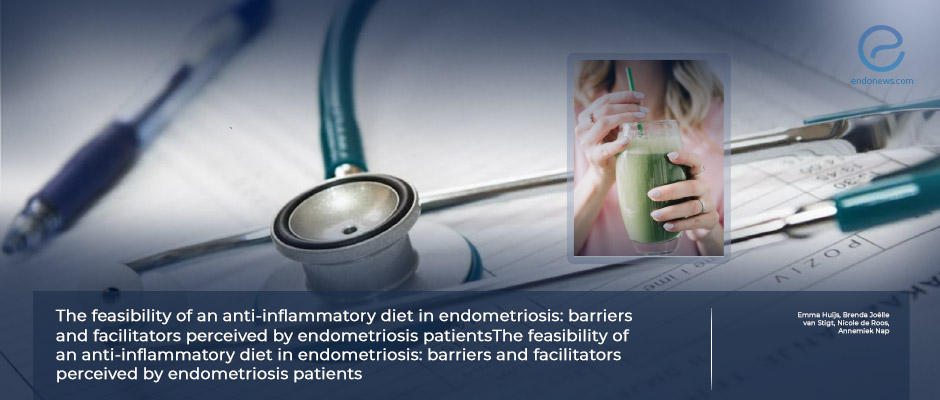
 By Özge Özkaya
By Özge Özkaya
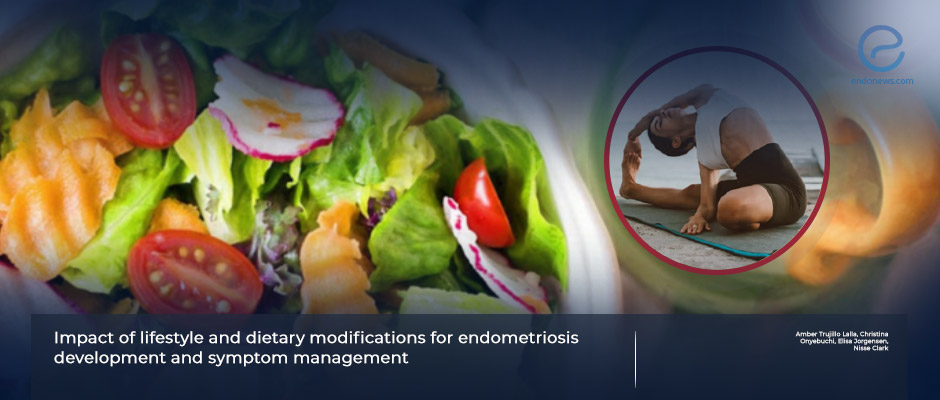
 By Hale Goksever Celik
By Hale Goksever Celik
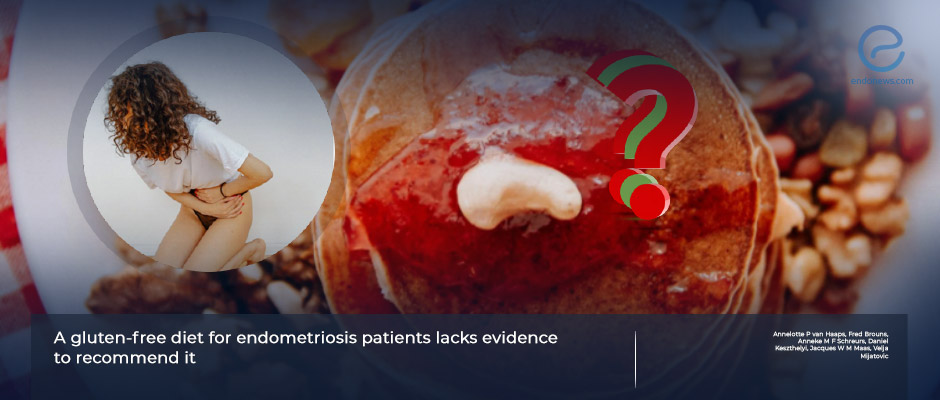

 By Selma Oransay
By Selma Oransay


 By Nasuhi Engin Aydin
By Nasuhi Engin Aydin


 By Eylül GÜN
By Eylül GÜN



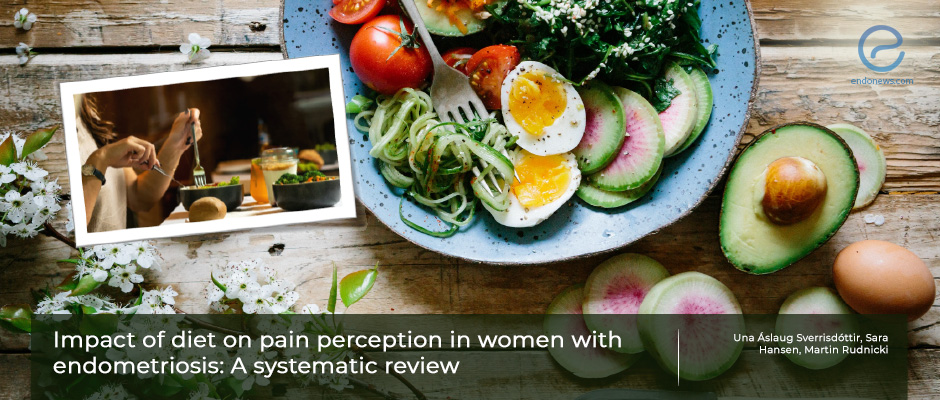







 By Dr. Youngran Park
By Dr. Youngran Park

 By Yu Yu
By Yu Yu
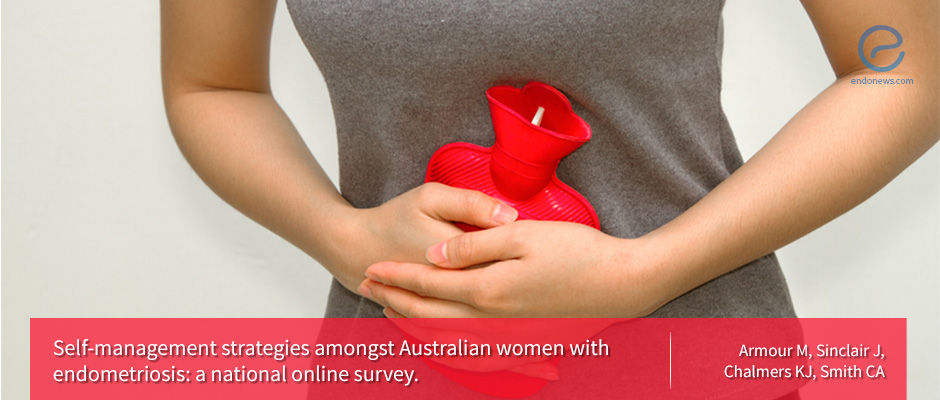
 By Demet Candaş Green
By Demet Candaş Green





 By Asli Bahadirli Talbott
By Asli Bahadirli Talbott